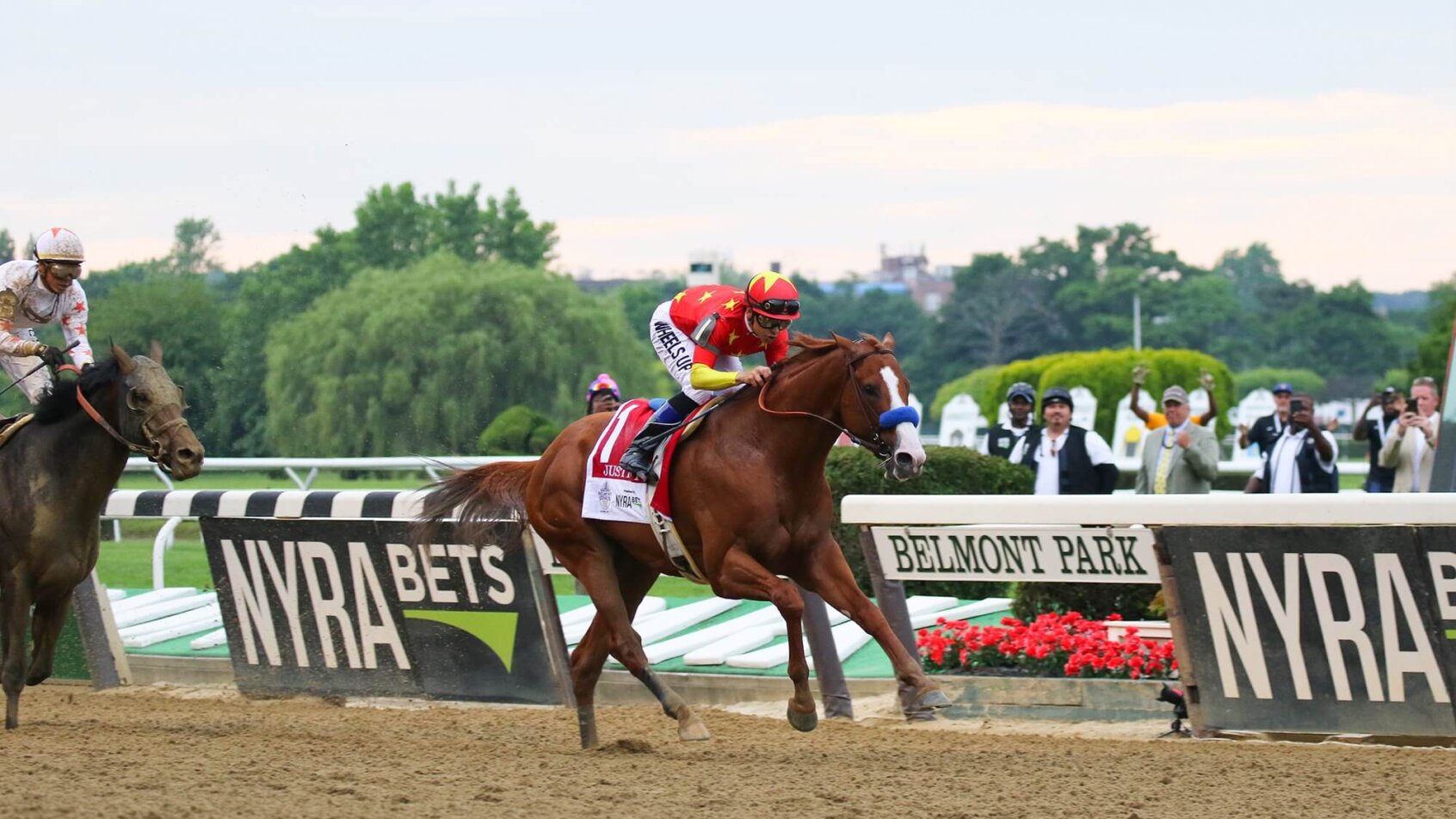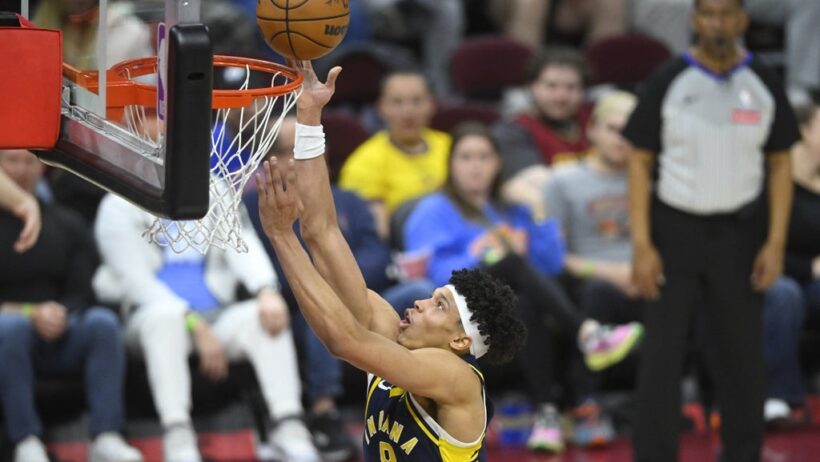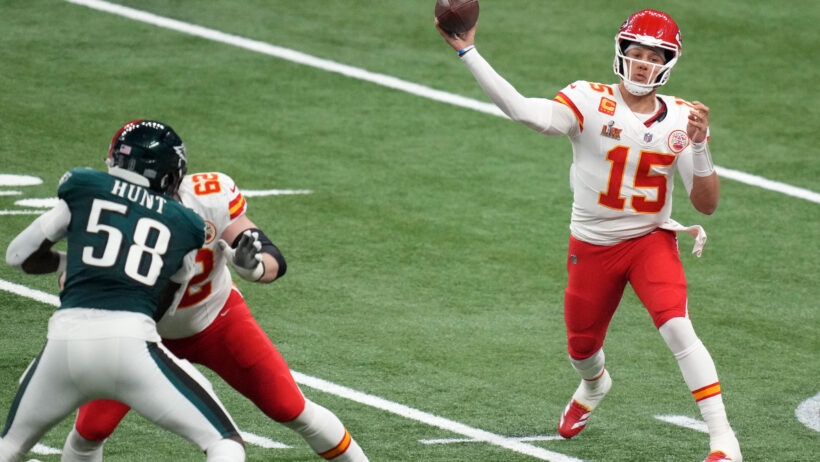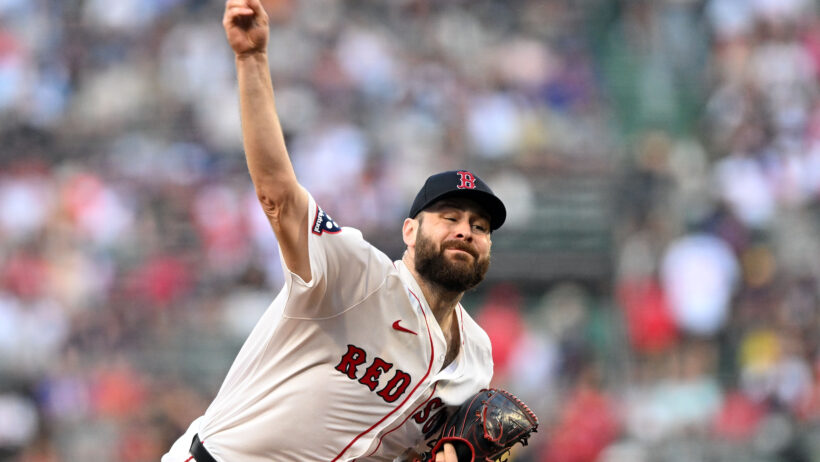Kentucky Derby Odds: Picking a Winner Using a History of Horse Names
By Sascha Paruk in Horse Racing News
Updated: March 24, 2020 at 7:13 am EDTPublished:

- The 2019 Kentucky Derby takes place on Saturday, May 4, at Churchill Downs in Louisville, KY
- Did you know that a horse with a three-word name hasn’t won in seven years?
- Take a fun look back that the historic handles of Derby-winning horses
It’s not an understatement to call the Kentucky Derby the “Super Bowl of horse racing.” Like its football counterpart, the Derby draws substantial interest — particularly betting interest — from legions of people who don’t otherwise follow the sport. (There’s also a ton of filler in the broadcast, but I digress.)
On May 4th, the 145th annual Run for the Roses will take place in Louisville. The field is set (barring injuries) and the favorites have been established.
One common trend among neophyte horse bettors — those who go to the track more for socializing than gambling — is to bet based on the names that stand out. I can’t intuit which names in the 2019 field will have mass appeal, but I can break down some interesting name trends among the victorious few from Derby history.
One that stands out, in particular, is that a horse with a three-word name hasn’t won the Derby since I’ll Have Another in 2012, and their success-rate over the last 50 years is even worse. (More on that below.)
As you can see in the first table, below, our odds for the 2019 Derby ever-so-slightly favor a horse with a one-word name crossing the line first.
SBD’s Kentucky Derby Props and Odds
| Kentucky Derby Props | SBD’s Odds |
|---|---|
| Winning horse has a one-word name | 4/3 |
| Winning horse has a two-word name | 3/2 |
| Winning horse has a three-word name | 5/1 |
| Winning horse has a name that starts with a vowel | 3/2 |
| Winning horse has a name that is a noun | 3/7 |
The odds that a two-word name is victorious are almost identical, but not quite, while the three-word horses are bringing up the rear, so to speak.
As the next table shows, the top-five favorites are all one-word or two-word names, even though six of the 20 horses in the field have a three-word name.
Early 2019 Kentucky Derby Odds
| 2019 Kentucky Derby Contenders | Odds |
|---|---|
| Omaha Beach | +375 |
| Roadster | +450 |
| Game Winner | +500 |
| Improbable | +650 |
| Tacitus | +800 |
| Maximum Security | +1000 |
| Code of Honor | +1400 |
| War of Will | +1600 |
| Vekoma | +1800 |
| Cutting Humor | +2200 |
| By My Standards | +2500 |
| Tax | +2500 |
| Win Win Win | +2500 |
| Haikal | +2800 |
| Spinoff | +2800 |
| Country House | +3300 |
| Long Range Toddy | +3300 |
| Plus Que Parfait | +3300 |
| Gray Magician | +5000 |
| Master Fencer | +6600 |
One-Word vs Two-Word vs Three-Word Names
In the last 50 years, only seven horses with a three-word name have won the Derby: I’ll Have Another (2012), Mine That Bird (2009), Go for Gin (1994), Lil E. Tee (1992), Strike the Gold (1991), Spend a Buck (1985), and Gato Del Sol (1982).
By contrast, two-word horses have claimed 28 (56%) of the last 50 Derbys, and one-word horses have won 15 (30%).
The best bets to break the three-word curse this year are Code of Honor and War of Will, but the latter has been stuffed in Gate 1, which hasn’t produced a winner since 1986.
The other three-word horses are all pretty sizable longshots: By My Standards (+2500), Win Win Win (+2500), Long Range Toddy (+3300), and Plus Que Parfait (+3300).
Kentucky Derby Name Trends
| 50-Year Trend | Number |
|---|---|
| One-name winners | 15 |
| Two-name winners | 28 |
| Three-name winners | 7 |
Vowels vs Consonants
The other trend that stood out immediately is that an outsized number of recent winners have had a name that starts with a vowel.
Side note: It doesn’t matter whether you include Y, because a Y-name has never won the Derby. Also, there are no Y-names in the 2019 edition.
As you can see in the next table, five of the last ten champions (50%) have started with a vowel.
However, over the 145-year history of the Derby, only 19 vowel-names have won. That’s just 13.1%, even though vowels comprise 19.2% of the English alphabet.
Last 10 Kentucky Derby Winners
| Kentucky Derby Winner | Year |
|---|---|
| Justify | 2018 |
| Always Dreaming | 2017 |
| Nyquist | 2016 |
| American Pharoah | 2015 |
| California Chrome | 2014 |
| Orb | 2013 |
| I’ll Have Another | 2012 |
| Animal Kingdom | 2011 |
| Super Saver | 2010 |
| Mine that Bird | 2009 |
This year, there are only two vowel-name horses in the field, but they are both among the favorites.
Omaha Beach is the outright favorite, sitting around +375 on the morning line.
Improbable was around +650 and may be a sleeping giant based on SBD’s in-house Kentucky Derby odds formula.
Nouns vs The Field
The majority of racehorses seem to be named after things — i.e. they are nouns before being applied as a moniker to a horse — at least if the Derby fields are representative.
Yet, over the past ten years, there have been an equal number of noun-winners and non-noun-winners. Compare that to the ten years prior (1999-2008) when eight of ten winners were noun-names. Only Charismatic and Big Brown broke through, and Big Brown is debatable!
Kentucky Derby Winners: 1999-2008
| Kentucky Derby Winner | Year |
|---|---|
| Big Brown | 2008 |
| Street Sense | 2007 |
| Barbaro | 2006 |
| Giacomo | 2005 |
| Smarty Jones | 2004 |
| Funny Cide | 2003 |
| War Emblem | 2002 |
| Moncarchos | 2001 |
| Fusaichi Pegasus | 2000 |
| Charismatic | 1999 |
The 2019 field is dominated by nouns. Excepting Improbable at +650, all of the other top-five favorites have a noun-name: Omaha Beach, Road Winner, Game Winner, and Tacitus (named after a Roman historian).
By my count, 15 of the 20 horses in the field have a noun-name, in total, and that’s being generous by putting Win Win Win in the non-nouns.
In all likelihood, nouns are poised to break non-nouns two-year win streak this year, unless our in-house darling Improbable beats the morning-line odds.
For the record, we do not advise wagering substantial sums of money based on the history of winning names. But it’s still fun to look at the lighter side of an event that generates so many random betting “strategies.”

Managing Editor
Sascha has been working in the sports-betting industry since 2014, and quickly paired his strong writing skills with a burgeoning knowledge of probability and statistics. He holds an undergraduate degree in linguistics and a Juris Doctor from the University of British Columbia.



